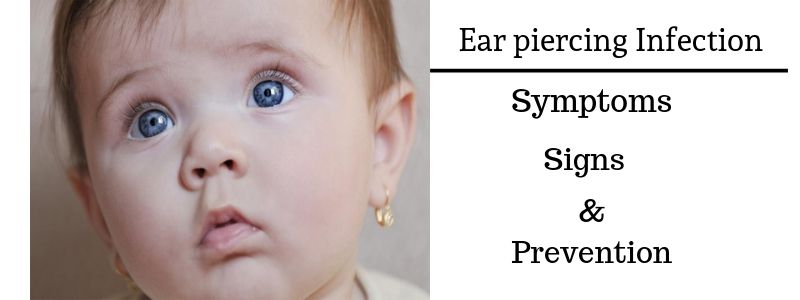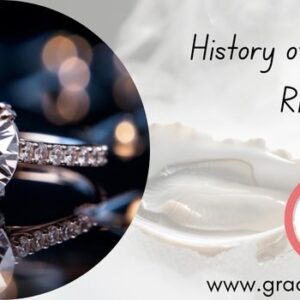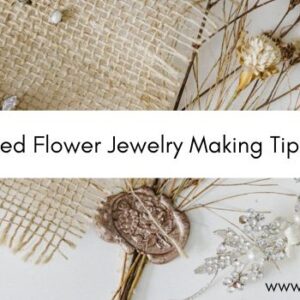What are the Symptoms And Prevention of Ear Piercing Infection?
Earring is an inevitable part of attire that is more than adorable.
The practice of piercing the ears, has been going on for years and years. Piercing the ears is definitely a great cosmetic addition, but none of us wants to get an infection from pierced ears. Nowadays piercing is not only restricted to earlobes, but also cartilages.
Piercings if not carried out under expert supervision, or if aftercare not taken, then piercings can lead to infections, sometimes severe. But there are a few simple steps which if followed properly can prevent any type of infection arising out of piercings.
It is recommended to wear Branded Jewellery to avoid infection and Complications.
First of all, let us know about the Basic symptoms and few facts regarding infections from piercing.
Ear piercing infection symptoms:-
- Itching
- Swelling
- Severe swelling and redness around the piercing
- Pain
- Irritation
- Yellow discharge
- Infections from piercing can take place right after the piercing is done or may take place many days or sometimes years after the actual piercing is done
- This type of infection can cause distressful end results if not treated within proper time
- Basic care and treatment with proper products can help a lot without the need of huge medications or hospitalisation
Infections from piercing can be effectively diminished by following these steps.
READ IT – Clean Artificial Jewellery
Ear piercing infection prevention:-
- Get you piercing done under expert supervision
Mostly people tend to ignore this part. Just because you want your earlobes and cartilage to be pierced does not mean you have to do it from any random place. Clinics or parlours which are l sterile needle and maintenance of stringent hygiene while carrying out the process. Immediately after the piercing is done, the area should be cleaned with sterile cotton.
The professionals who carry out the act of piercing in these reputed clinics or parlors are trained properly to do so. Hence, they know the exact process of piercing and the specific target locations. Getting it done from amateurs will only lead to increased risks of developing an infection. Make sure that the piercing professional wears gloves to prevent chances of contamination.
READ – Disadvantages of Wearing High Heels
-
Aftercare
A few subsequent days after the piercing are the most crucial days. People are likely to develop an infection specially during this time frame. A simple aftercare regime will significantly diminish the risk of developing an infection from piercing
- Wash your hand every time with soap and water before touching the piercing.
- Clean the pierced area with a sterile cotton ball and salt water at least twice a day. Brine is extremely effective to prevent the growth of any kind of bacterial infection. Brine acts as a antibacterial agent and hence stops the growth of bacterial colony around the piercing spot. It will also help to reduce any basic inflammation that might have occurred while piercing.
- You can use antibacterial solution to rinse the spot around piercing. This can reduce the redness and swelling. Do this only if prescribed by the doctor or piercing professional.
- Lastly, try to abstain from wearing earrings immediately after piercing. Let the place Heal up properly and only after a week or two, take up an earring.
- Even if you wear earrings try to clean them first and only after rendering them harmless, wear these.
- Choose the metal you wear
- It is an age-old practice to wear golden earrings as your first ever earrings after piercing. This is not merely a superstition but has a strong scientific background to support it. If you look at the periodic table of elements, you will see that gold is one of the least reactive metals. This property of gold being inert, makes it highly safe to be worn as jewellery. Due to its less reactivity, even on coming in contact with your skin, chances of potential infections, irritations or rashes are low.
- After a few days, you can switch to some other metal. But be sure this metal is not cheap. Cheap unhygienic metals will react adversely with the skin and can make you allergic
- It is also advised that you keep your earrings clean and store them in neat place to prevent contamination.
- Do not ignore even minor infections at the piercing spot. They take very less time to turn into major. Consult dermatologist and take proper medications. These infections can usually be treated with antibiotics.




